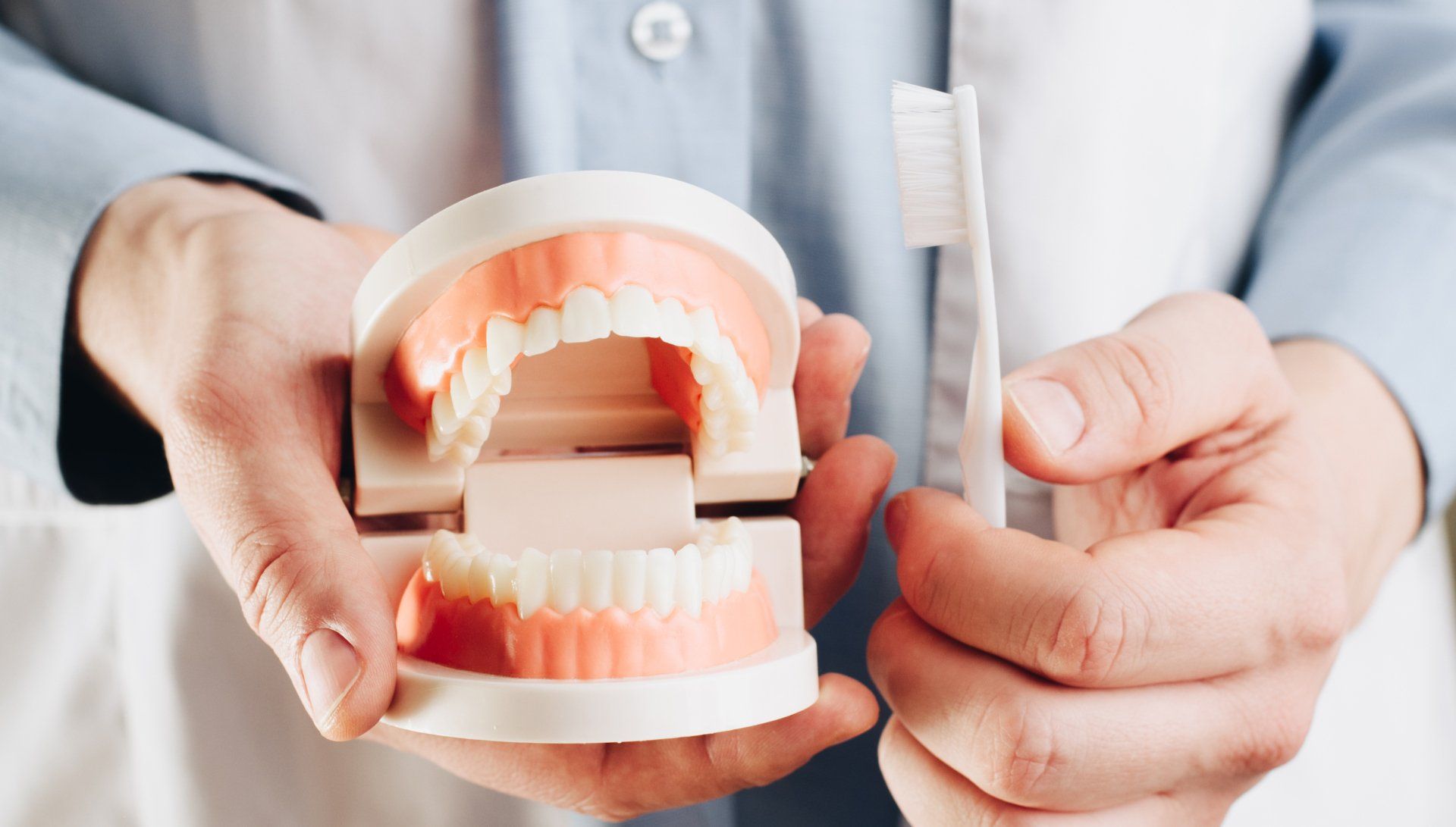Preventative Dental Services
Why is Preventative Dentistry So Important?
From keeping your gums in good health to avoiding uncomfortable cavities and inflammation, preventative dentistry is a critical component to maintaining the health of your teeth, gums, and mouth. Dr. Edward Wenda, DDS, P.A. & Dr. Henry L. Vruwink in Asheboro, NC, provides preventative dental care to patients of all ages. Dr. Wenda and Dr. Vruwink believes that establishing healthy dental care habits and providing our patients with the tools and knowledge to care for their smiles is one of the most important aspects of our practice.
Contact our office today at 336-629-3113 to learn more or to schedule your next dental exam!
What Types of Preventative Dental Services Do You Offer?
Staying on top of your routine dental exam and teeth cleanings allows our dentists and staff to diagnose and treat any issues early on, helping to avoid bigger problems later down the line. On top of regular examinations and cleanings, our office provides:
Dental Sealants
Dental sealants act as a barrier over the teeth to help protect them from cavity-causing bacteria. Most commonly applied to the back teeth and molars, our dental staff will clean the tooth or teeth before applying the sealing gel and curing it with a specialized light.
Fluoride Treatments
This natural mineral helps to prevent cavities and build strong, healthy teeth. During a professional fluoride treatment, our staff will apply using a highly concentrated gel, rinse, or foam. Fluoride treatments provided in a dental office contain much more of the mineral than in over-the-counter toothpastes and rinses.
Oral Cancer Screenings
It may not be the first thing that comes to mind when you think of dental care, but oral cancer screenings are extremely important to allow our dentists and hygienists an opportunity to assess mouth for any abnormalities. As a screening, this exam is designed to identify potential risks before symptoms begin to show. This precautionary service can take as little as a few minutes and should be performed regularly.








